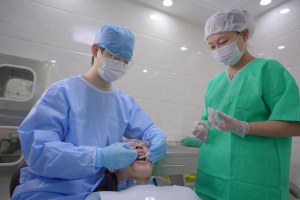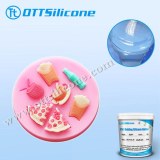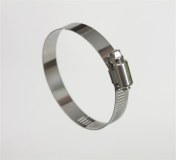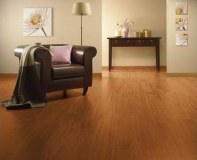Nitrile gloves perform excellent features as a type of disposable gloves, very soft, and strong enough to do anything disposable gloves can do. They offer the best splash protection against chemicals among the disposable gloves, they also have excellent barrier properties against biohazards, water-soluble substances, weak acids and bases, aliphatic solvents as well as oils and fats. They do not contain latex proteins which reduces the allergic reaction risk.
For the medical industry, nitrile gloves get the highest rate regarding safety and durability. They are reliable for the most hazardous tasks in a hospital. Nowadays, nitrile gloves are also massively used in other industries, such as food processing, homework, agriculture, animal husbandry, chemical laboratories, automotive and precise instrument manufacturing.
What are the Nitrile Gloves Made of?
Nitrile gloves are made of nitrile rubber, a reprocessed form of latex, from butadiene (H2C=CH-CH=CH2) and acrylonitrile (H2C=CH-CN), mainly produced by low-temperature emulsion polymerization.
The features of nitrile gloves depend on the composition of butadiene and acrylonitrile. The butadiene component gives the copolymer elasticity and resistance to low temperatures, acrylonitrile is responsible for the good chemical resistance. Increasing the content of one of these components will reduce the propriety of the other. Thus, the manufacturer need to equilibre the ingrediants to produce the market required products.
Neoprene vs Nitrile Gloves PPE
Nitrile and neoprene gloves are both synthetic rubbers with similar characteristics such as being waterproof, durable, and resistant to various chemicals. They are also latex-free, making them suitable for individuals with latex allergies. However, there are notable differences in their chemical compositions and structures, leading to distinct functions and applications in various industries.
Neoprene gloves are produced through the polymerization of chloroprene, which consists of carbon, hydrogen, and chlorine. This unique composition gives neoprene gloves the following features:
Resistance to sunlight, weather, and ozone
Exceptional impact resistance and textile strength
Elastomeric properties
Flame resistance
Water resistance
Nitrile gloves, on the other hand, are made from butadiene and acrylonitrile, two volatile synthetic liquids. Acrylonitrile contributes to the elastic properties and resistance of nitrile gloves, while butadiene provides flexibility and tactile sensitivity. Nitrile gloves possess the following properties:
High chemical resistance
High water resistance
High abrasion resistance
Oil and gasoline resistance
Puncture resistance
Both neoprene and nitrile gloves offer protection against a wide range of contaminants and harmful substances. Nitrile gloves have superior chemical resistance against fuels, acids, and petroleum-based compounds, withstanding extended exposure to concentrated oils. However, neoprene gloves are not compatible with chlorinated compounds and nitro hydrocarbons, while nitrile gloves react negatively to aromatic oils and ketones.
In terms of environmental factors, neoprene gloves remain chemically inert and do not distort during weather changes or prolonged exposure to the elements. They exhibit exceptional oxidation resistance, making them suitable for outdoor physical work. On the other hand, nitrile gloves can be damaged by frequent exposure to oxidation.
The choice between neoprene and nitrile hand protection gloves depends on the specific needs of the user, industry, and application. Nitrile gloves are widely used in medical and industrial settings due to their affordability, strength, durability, and hypoallergenic properties. Neoprene gloves cater to niche markets such as surgical procedures, meticulous tasks, and physical work under extreme weather conditions.
Now the price of bulk nitrile gloves for sale is reasonable, if you have needs, please contact us.
Ubicación : ROOM1318-19, 13/F,HOLLYWOOD PLAZA,610 NATHAN ROAD,MONGKOK,KOWLOON,HONG KONG, 999077 KOWLOON,
Persona a contactar : connect jqcare, 0086 131 6717 8786







